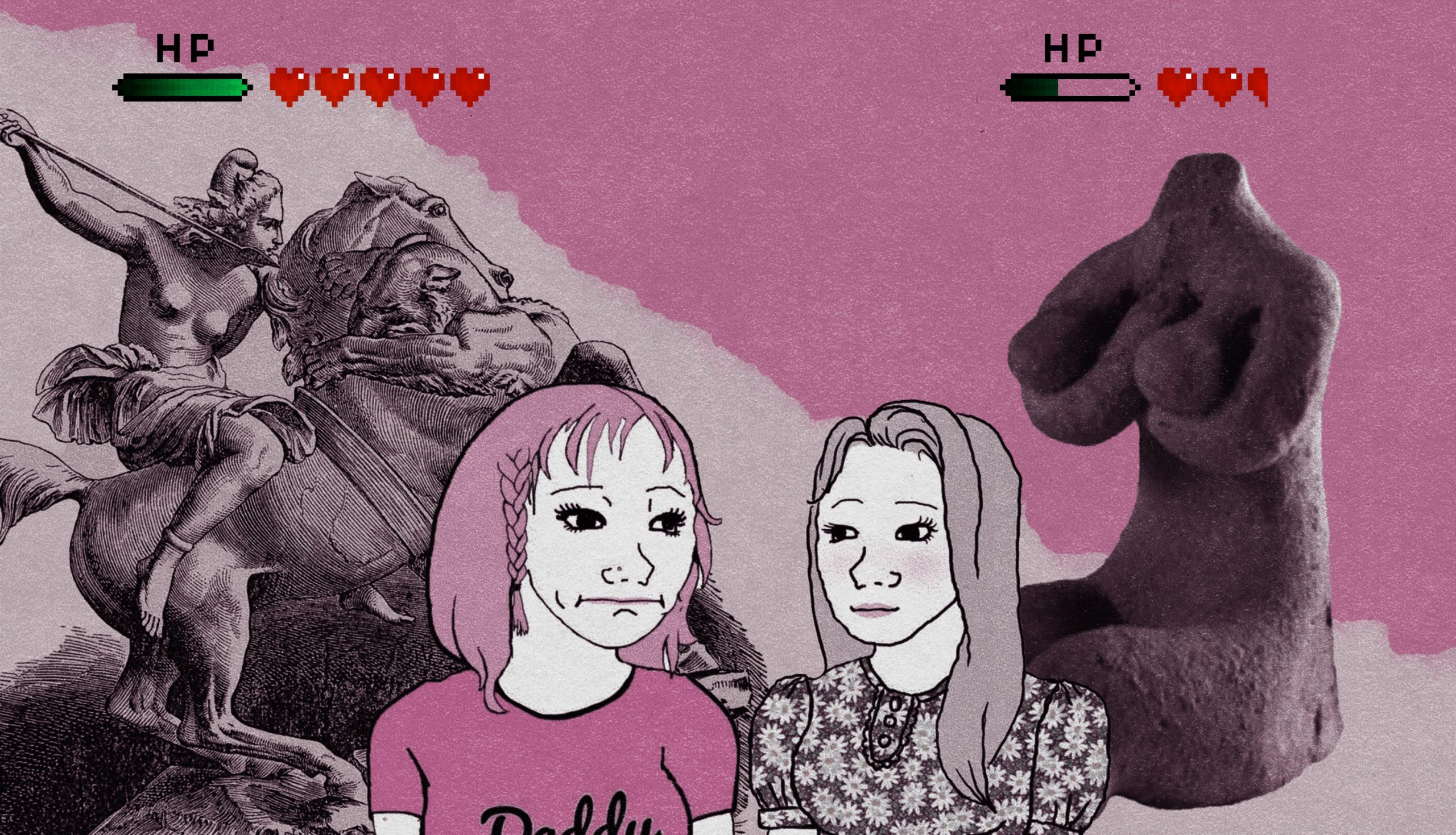“A face only a mother could love” is a funny old idiom to describe a homely person. On the surface, the saying indicates a mother’s obliviousness to the plain reality that everyone else sees. But it’s not the mother who sees in a limited way, it’s the rest of us who do. Given eyes of love, the mother recognizes the inestimable worth of her child. She sees something hidden and in that seeing, her vision is clarified, not obscured.
Tenderness is an application of this sort of womanly love. It is an intuitive way of identifying points of sensitivity in another person and engaging them with delicacy and care. The face of a mother gazing at her baby communicates without words that it is good that he exists. There is nothing to correct, nothing to deem irrational, only things to behold, affirm, and love. She might get frustrated and exhausted and need a break, but there is no blame to lay at the infant’s feet, only something to call forth in herself and her husband to accommodate every need of this helpless human.
Tenderness is an indispensable human virtue, but we have a fraught relationship with it. On the one hand we often confuse it with sentimentality or weakness and therefore squirm with suspicion at the proposition that it might be a particularly womanly trait. We like our women to be tough, independent boss-ladies, unencumbered by their uteri or any person inhabiting those uteri, never in need of a man, and certainly not in service of one.
On the other hand, we seem to have developed a disordered desire for nothing but tenderness and affirmation in the social order. With the escalation of identity politics, we define ourselves by our points of sensitivity and demand full-throated affirmation of our identity from all, without challenge or dissent. So ruled are we by the need to be affirmed that a bodily-mutilation industry has grown seemingly overnight with the promise of providing gender-affirming care.
Devaluing tenderness in women does not eradicate our need for it, but creates an untenable demand for it on a grand scale.
As any good mother knows, as a child grows, tenderness and affirmation must be balanced with truth. An adolescent whose every action, whim, and wish are affirmed will likely grow to be a narcissist. Such mothering is more a reflection of a self-love than a generous one. The child is more an extension of herself—her fears and ego.
True care of the person involves a balance of tenderness and affirmation with truth and accountability. On their own, mothers can strive to communicate this balance as the child grows, but a father and mother together create a sort of balance that is hard to replicate. A mother might tend to want to spare her child any suffering, and a father might remind her that some suffering is necessary to mature. Likewise, some fathers might tend toward stoicism or harshness, and be softened and chastened by a mother’s affection and approach.
Of course, a father can (and often should) be tender, and mothers can (and often should) be authority figures leading and challenging their children to forge their way in life. Too much can be made of the differences in men and women in certain circles, but far too little is made of them more broadly.
The cost of decades of destabilizing the sexes has led to a society of people who are well…unstable. People who have been used, reduced, abandoned, betrayed, objectified, and made complicit in mortal injustices understandably become people who want a whole lot of tenderness because there are a whole lot of wounds. The tough, liberated woman who can have sex like a man begins to seem more like a calloused woman who has developed a hard shell to protect a tender nature that is far too vulnerable and valuable to endure the trauma the sexual revolution has imposed on her.
This destabilization has also left us with a sense of self so nebulous that it must be propped up continually for fear that it might shatter. To mispronoun someone is said to be equivalent to eradicating his existence, and even to threaten his life by exposing him to psychic harm that leads to suicidal ideation. In a perverse mirroring of the mother/infant relationship, there is nothing to correct, no reality to accommodate, nothing to deem irrational, only the cry of a need to be met, an identity to celebrate and a fantasy to affirm.
In the end it is progressive ideology, not tradition, that resists the very essential balance of tenderness and truth that every person needs to flourish, and every society needs to remain free. Men and women whose every delusion and decision must be affirmed are not men and women capable of harmony with others nor mastery of self and so require a despotic father-state to enforce their delusions, suppress dissent, and control the inevitable chaos that results.
An ideology that wants to replace Mother’s Day with Birthing Person’s Day is not equipped even to articulate what women are much less identify their meaning and value. In making men and women interchangeable we don’t expand our vision of the person, but severely reduce it. In an age of the monotonous drone of messaging beckoning us to be transgressive, the fight to see and live out these simple and deep human ways of life might be the most subversive life of all.




